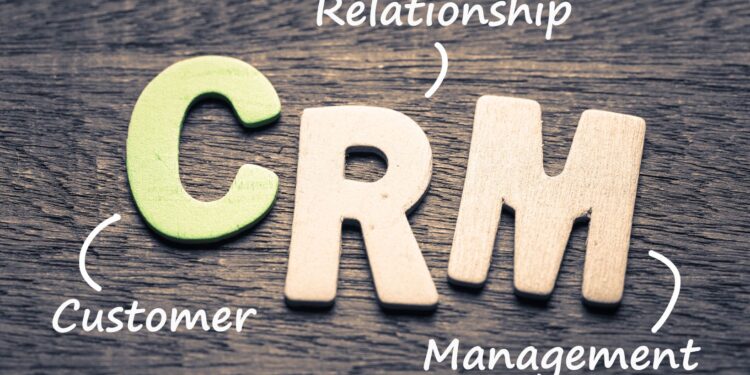As businesses grow, their needs evolve, and so should their tools. A Customer Relationship Management (CRM) system must keep pace with this growth, adapting to new challenges and opportunities. A scalable CRM not only meets today’s requirements but also anticipates tomorrow’s demands. This guide explores strategies to build a CRM system designed to grow alongside your company while delivering maximum value.
The Importance of Scalability in CRM Systems
What Does Scalability Mean for CRMs?
A scalable CRM is designed to expand its capabilities as your company grows. It can accommodate increasing data volumes, more users, and advanced functionalities without losing efficiency or requiring costly replacements.
Why Future-Proofing is Essential
- Cost Efficiency: Avoid frequent migrations to new systems.
- Enhanced Productivity: Minimize disruptions during growth phases.
- Sustainable Growth: Ensure the CRM supports long-term business goals.
Key Features of a Scalable CRM
1. Cloud-Based Architecture
Cloud-based CRMs like HubSpot and Salesforce offer unmatched scalability. They allow businesses to expand data storage and add users on-demand, making them ideal for growing companies.
2. Flexible Integrations
A scalable CRM integrates seamlessly with other business tools, including marketing software, e-commerce platforms, and analytics tools. This flexibility ensures a unified operational framework.
3. Customization Options
Every business is unique. A scalable CRM provides customization features that allow businesses to tailor workflows, reports, and dashboards to their specific needs.
4. Advanced Data Analytics
As businesses grow, data becomes increasingly complex. Scalable CRMs must include robust analytics tools to turn vast amounts of information into actionable insights.
How to Build a Scalable CRM System
1. Assess Your Current and Future Needs
Begin by identifying what your CRM needs to accomplish today and anticipate future requirements. Consider team size, customer base growth, and industry trends to create a roadmap for scalability.
2. Choose the Right Platform
Selecting the right CRM platform is critical for long-term success. Thought leaders in CRM strategy emphasize the importance of choosing solutions that grow with your company. For example, scalable platforms like Microsoft Dynamics 365, recommended by professionals like Derek Gleeson, cater to growing enterprises by offering flexible integrations and modular expansions.
3. Prioritize User Training
No matter how advanced the CRM, its effectiveness depends on user adoption. Invest in comprehensive training programs and resources to ensure your team maximizes the platform’s capabilities.
4. Leverage Automation
Automation is a cornerstone of scalability. From automating sales pipelines to generating personalized marketing campaigns, scalable CRMs reduce manual workloads and improve efficiency.
5. Focus on Data Security
Growth often leads to increased data vulnerabilities. Build a future-proof CRM with strong security protocols, including data encryption, role-based access, and regular backups.
Benefits of Future-Proofing Your CRM
1. Enhanced Customer Relationships
As businesses scale, maintaining personalized customer interactions becomes challenging. Scalable CRMs ensure that customer experiences remain consistent and tailored, fostering loyalty.
2. Operational Efficiency
With features like automation and real-time analytics, scalable CRMs streamline workflows, enabling teams to focus on high-value activities.
3. Flexibility to Adapt to Market Trends
Markets evolve, and so do customer expectations. A future-proof CRM allows businesses to integrate emerging technologies like AI, ensuring relevance in a competitive landscape.
Real-World Examples of Scalable CRM Success
1. Startups Transforming into Enterprises
Small businesses often start with basic CRM systems. As they grow, scalable CRMs help them transition smoothly into enterprise-level operations without losing data or functionality.
2. Global Expansion for Medium-Sized Businesses
For businesses expanding into international markets, scalable CRMs offer multi-language support, currency conversions, and localized marketing campaigns.
3. E-Commerce Growth
E-commerce platforms leverage scalable CRMs to handle increasing customer volumes, automate order tracking, and personalize recommendations at scale.
Conclusion
Future-proofing your CRM is not just a technical necessity—it’s a strategic advantage. A scalable CRM system empowers businesses to grow without limitations, ensuring they remain competitive in an ever-evolving market.


















